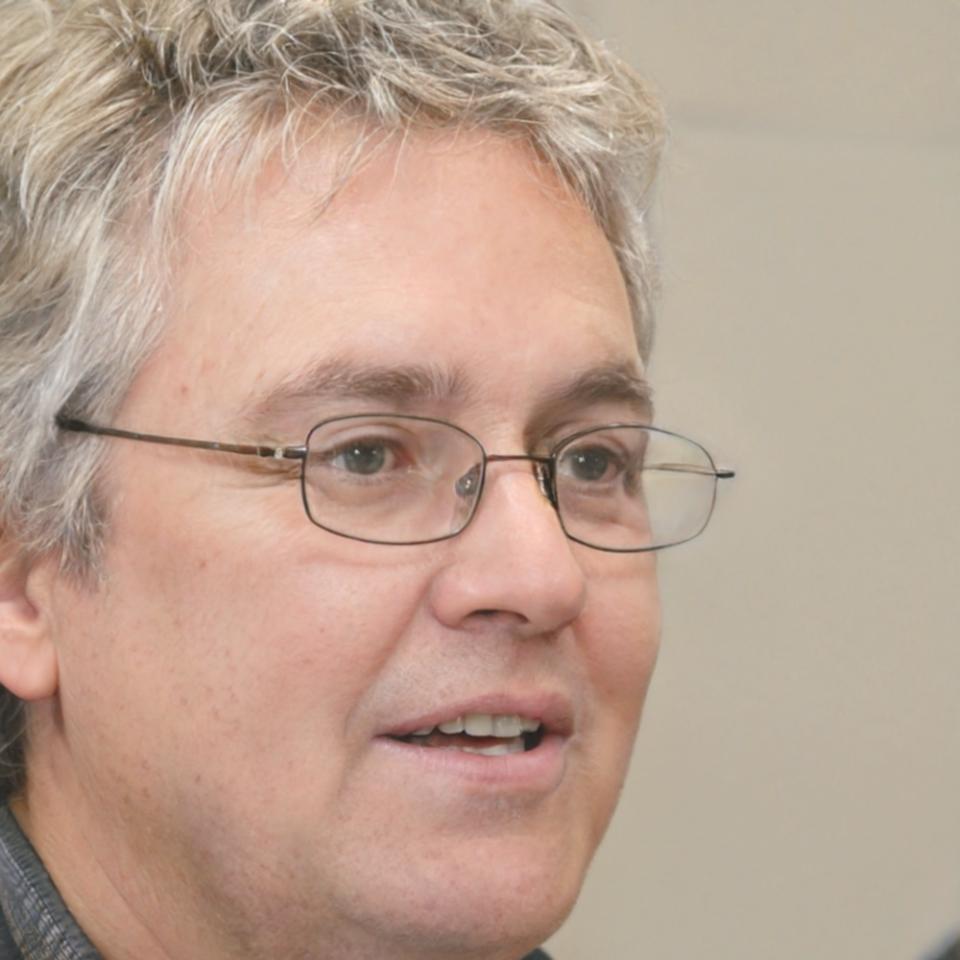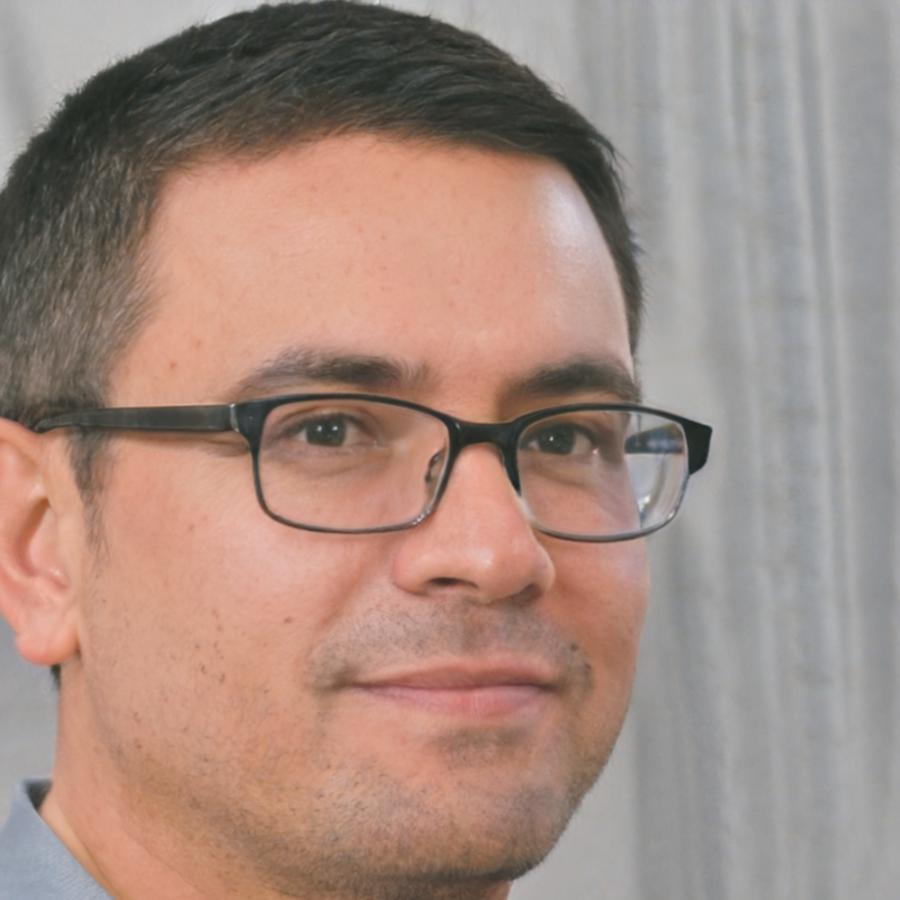Tavish
Construction Company Owner
Used to run out of cash between big projects even though the business was profitable on paper. Learned to forecast project payment schedules and now maintains a three-month buffer. Says the weird thing was realizing he had all the information already—he just wasn't organizing it right.




